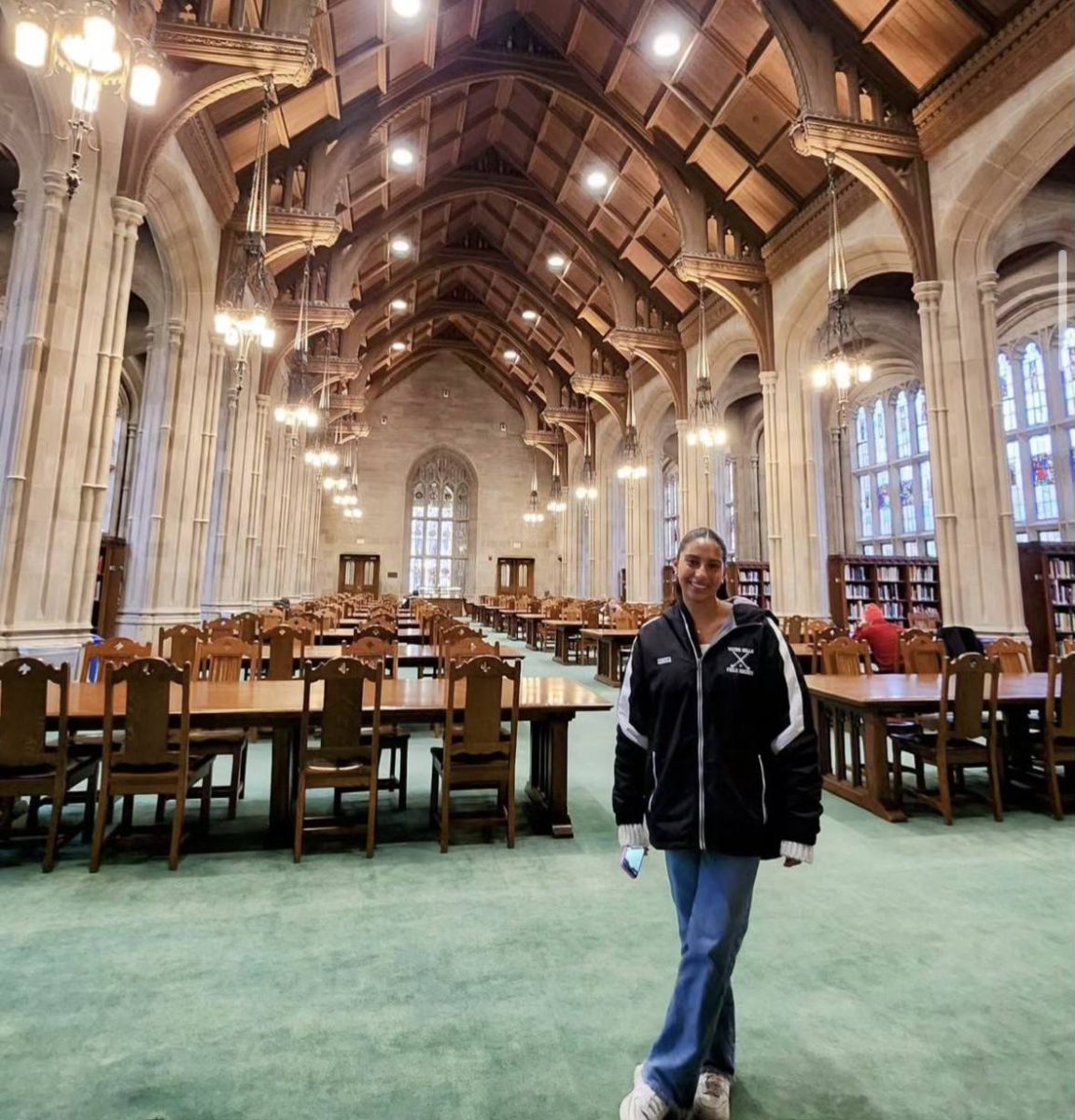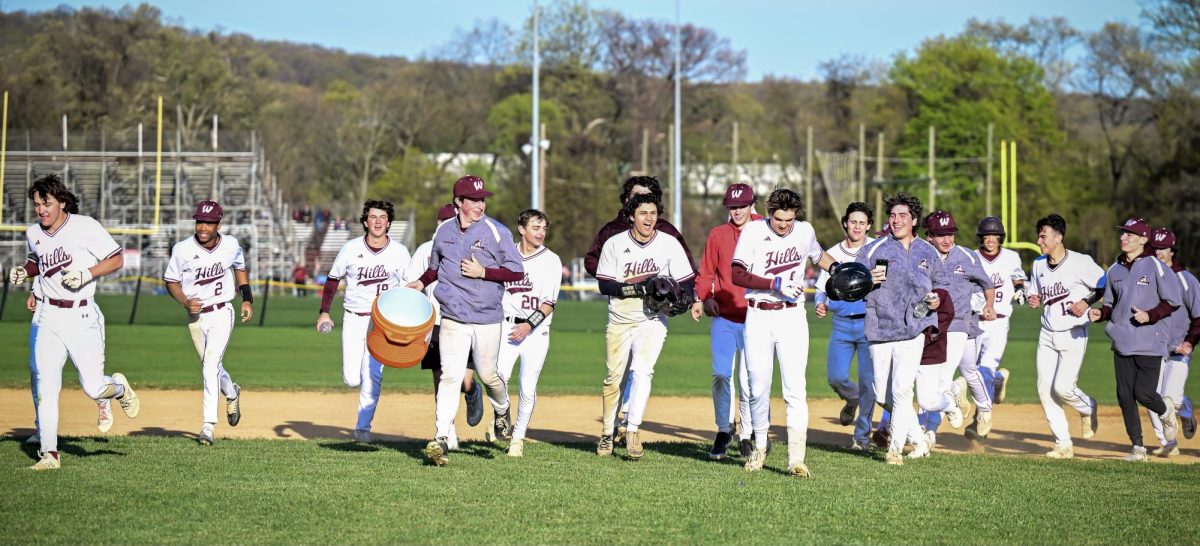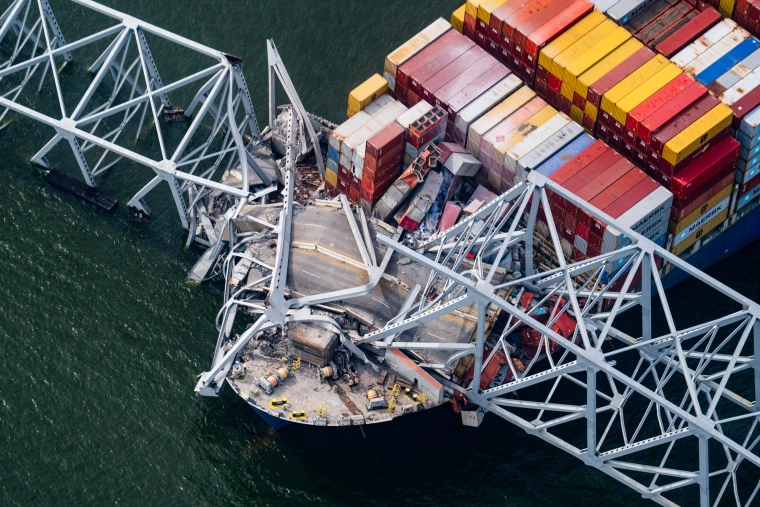Climate Talks in Paris
December 1, 2015
Coming just weeks after the devastating terror attacks in Paris, the COP21 climate talks have begun, aiming to bring world leaders together in an effort to combat the ever increasing threat of climate change. Roughly 30,000 diplomats, scientists, and leaders have converged on Paris to establish a worldwide effort to cut greenhouse emissions and secure a more environmentally friendly future.
One thing has been made clear on the opening day of the meeting: The threat of climate change is urgent. The Department of Defense has recently expressed concerns over the effects of climate change on the mobilization of troops along with potential conflicts over dwindling resources. In fact, climate change was a likely contributor to the beginning of the current Syrian Civil War. While economic challenges and political turmoil are all frightening possibilities, the biggest threat posed by climate change is the destruction of our way of life. If society is too reliant on fossil fuels by the time the world runs out, life as we know it will change, which is why right now is the time to begin the shift away from fossil fuels. Also, rising sea levels will flood coastlines around the globe, directly affecting around 60% of the Earth’s population.
While the general consensus is that climate change is an urgent threat, how we go about solving it remains a topic of debate. Smaller, relatively poorer nations want richer countries such as the United States and China to take the brunt of the economic impact. However, while there is some disagreement, the most important element on the political side of these talks is that China’s president Xi Jinping and President Obama seem to be on the same page, both offering major long term solutions to the problem. Putin may pose some problems to the nearly 200 nations unanimously agreeing upon a legally binding plan, but biggest threat to success comes from India, an upcoming economic powerhouse. India, like the United States many years ago and China right now, is about to enter a period of industrialization. The effects of another country with over 1 billion people entering an industrial era would be devastating to the environment, but India argues its economic growth should not be slowed by environmental policies. This is not to say that India does not wish to see some progress in Paris, but any restrictions placed on India’s emissions are likely to be rejected.
Some private sector leaders also present at the talks, such as Bill Gates, have stressed the need for energy reform. The Breakthrough Energy Coalition founded by Gates is a group of business leaders that have pledged billions of dollars towards creating a cleaner world economy. Gates is pushing new advanced technologies to help combat climate change, specifically a type of “artificial photosynthesis” that would generate energy similar to how plants use photosynthesis to harness energy from the sun.
The overall goal of the meeting is not to produce an extensive agreement on climate change, rather a simple document that gets the ball rolling on a worldwide effort to shift to cleaner policies. Leaders are optimistic that an agreement will be reached, but either way, these talks will affect the future of Earth. It is a decision between whether we are able to adapt and fight climate change, or put it off until it is too late.
















